
Is Salicylic Acid Good for Oily, Dry, Sensitive, and Combination Skin?
In pursuit of flawless, luminous skin, a variety of skincare products came into existence. Salicylic acid, embraced as an adored solution to numerous skin conditions, is among these. But a question remains, does salicylic acid work on all skin types, including combination, dry, oily and sensitive ones? This article aims to answer the question, 'Is salicylic acid good for skin?
Why is Salicylic acid good for the skin?
Salicylic acid, being a formidable beta hydroxy acid (BHA), possesses the remarkable ability to gently exfoliate the outer layer of the skin while also penetrating deep into pores, rendering it invaluable in addressing various skin conditions. Its primary merits include the following:
1. Oil Control
Salicylic acid diminishes breakouts and regulates sebum production in individuals with oily skin, granting them a more refined appearance.
2. Treating acne
Salicylic acid's efficacy in treating acne lies in its entrance into oil-filled pores, elimination of debris, and alleviation of inflammation, thereby targeting the root cause.
Also read: Salicylic Acid Good for Acne.
3. Blackhead and whitehead reduction
By avoiding the accumulation of dead skin cells within pores, salicylic acid's exfoliating activity contributes to a reduction in the development of blackheads and whiteheads.
Also read: Whiteheads vs Blackheads: Know the Difference Between Blackheads and Whiteheads.
4. Improved skin texture
Salicylic acid produces a smoother skin texture, reduces small wrinkles, and may even lighten hyperpigmentation by eliminating the outer layer of dead skin cells.
'Overnight Acne Spot Corrector' and 'Clearing & Calming Acne Face Wash' from The Pink Foundry are a dynamic combo that can completely change your skincare regimen. The acne face wash with 1.5% Salicylic Acid softly clears and soothes irritated skin, while the spot corrector targets and lightens acne scars overnight. Together, they fight acne and give you a complexion that is clearer and more luminous.
Is salicylic acid good for oily skin?
Wondering, 'Is salicylic acid good for oily skin?' Yes, those with oily skin benefit the most from salicylic acid. Excess sebum production, which frequently characterises oily skin, can cause blocked pores and acne outbreaks. Salicylic acid is a great option for regulating excessive oil production because of its capacity to enter the pores and break down sebum.
Keeping the pores clear and unclogged not only helps to treat current breakouts but also shields against new ones. People with oily skin can use salicylic acid in a variety of products, such as cleansers, toners, or spot treatments, to keep their face matte and reduce breakouts.
Is Salicylic acid good for sensitive skin?
Well, Salicylic acid can be tricky for skin types with sensitivity. Salicylic acid may not irritate or cause redness or dryness in everyone with sensitive skin. If you have sensitive skin and wish to use salicylic acid in your skincare regimen, you can use it in moderation.
So, the answer to the question, 'Is salicylic acid good for sensitive skin?' would be yes, but in moderation. Start with a lesser dose and test your skin with a patch to see how it responds. Additionally, using products containing salicylic acid sparingly and then following up with a mild face moisturiser helps lessen the possibility of discomfort. Consult a dermatologist for other choices that are more suitable for delicate skin if sensitivity continues.
Is salicylic acid good for dry skin?
The absence of moisture in dry skin often results in flakiness and stiffness. The exfoliating abilities of salicylic acid might aggravate dryness by removing the skin's natural oils. Individuals with dry skin should instead concentrate on moisturising their skin using hyaluronic acid, ceramides, and glycerin-containing products.
People looking for an answer to 'Is salicylic acid good for dry skin?' should use it in moderation or consult a physician for a customised skincare routine that tackles both issues without contributing to further dryness if you have both dry and acne-prone skin.
Also Read: Salicylic Acid Uses for Skin and How to Use it
Is salicylic acid good for combination skin?
Salicylic acid might be a good option for those with combination skin because it can treat a variety of conditions. With the T-zone (forehead, nose, and chin) being prone to excess oil production and the cheeks frequently suffering dryness, combination skin generally has both oily and dry patches.
The answer to the question, 'Is salicylic acid good for combination skin?' is that Salicylic acid can exfoliate the skin to smooth out rough patches and help control oil production in the T-zone. Salicylic acid should only be used strategically on the parts of the face that are greasy or prone to acne. Apply a light moisturiser liberally to the dry areas to prevent over-drying them.
Conclusion
Salicylic acid is a multipurpose ingredient in skincare that has several advantages, including exfoliation, acne treatment, and oil management. It is quite helpful in managing excess oil production and keeping pores clean for oily and combination skin types.
However, those with sensitive skin should use salicylic acid with caution, and people with dry skin should look into alternate skincare options to keep their skin hydrated. Salicylic acid's usefulness for your skin type ultimately relies on your particular requirements and tolerance, so think about consulting a dermatologist for individualised skin care guidance.
To get a healthy and radiant complexion, always remember to test new skincare products with care and check your skin's reaction to them.
FAQs:
1. Is salicylic acid good for dry skin?
Salicylic acid can be drying for very dry skin types. Instead, focus on gentle hydrating cleansers and moisturisers. Use salicylic acid occasionally as a spot treatment only on oily areas.
2. Is salicylic acid good for sensitive skin?
Salicylic acid may irritate, stinging, and redness in sensitive skin. Instead of leaving the products on, dilute them with moisturiser or water and perform short contact therapy. Avoid it if you have rosacea.
3. Is salicylic acid good for combination skin?
Salicylic acid is great for combination skin. To keep pores clear, use salicylic cleansers on oily zones like the T-zone, while gentle hydration is used on drier cheeks and areas prone to tightness.
4. Which skin type is salicylic acid good for?
Salicylic acid works best for oily, acne-prone skin and can tolerate products with mild exfoliating properties. It helps keep pores clear while removing excess oil.
5. How do you use salicylic acid on dry skin?
If salicylic acid is used on dry skin, apply only a small amount to oily areas in short contact therapy, then rinse off instead of leaving the product on to avoid over-drying the skin.
6. Is salicylic acid face wash good for dry skin?
Salicylic acid-based cleansers can be too harsh and dry for dry skin. It is better to use a gentle, hydrating cleanser instead and salicylic acid selectively as a spot treatment for any occasional breakouts.










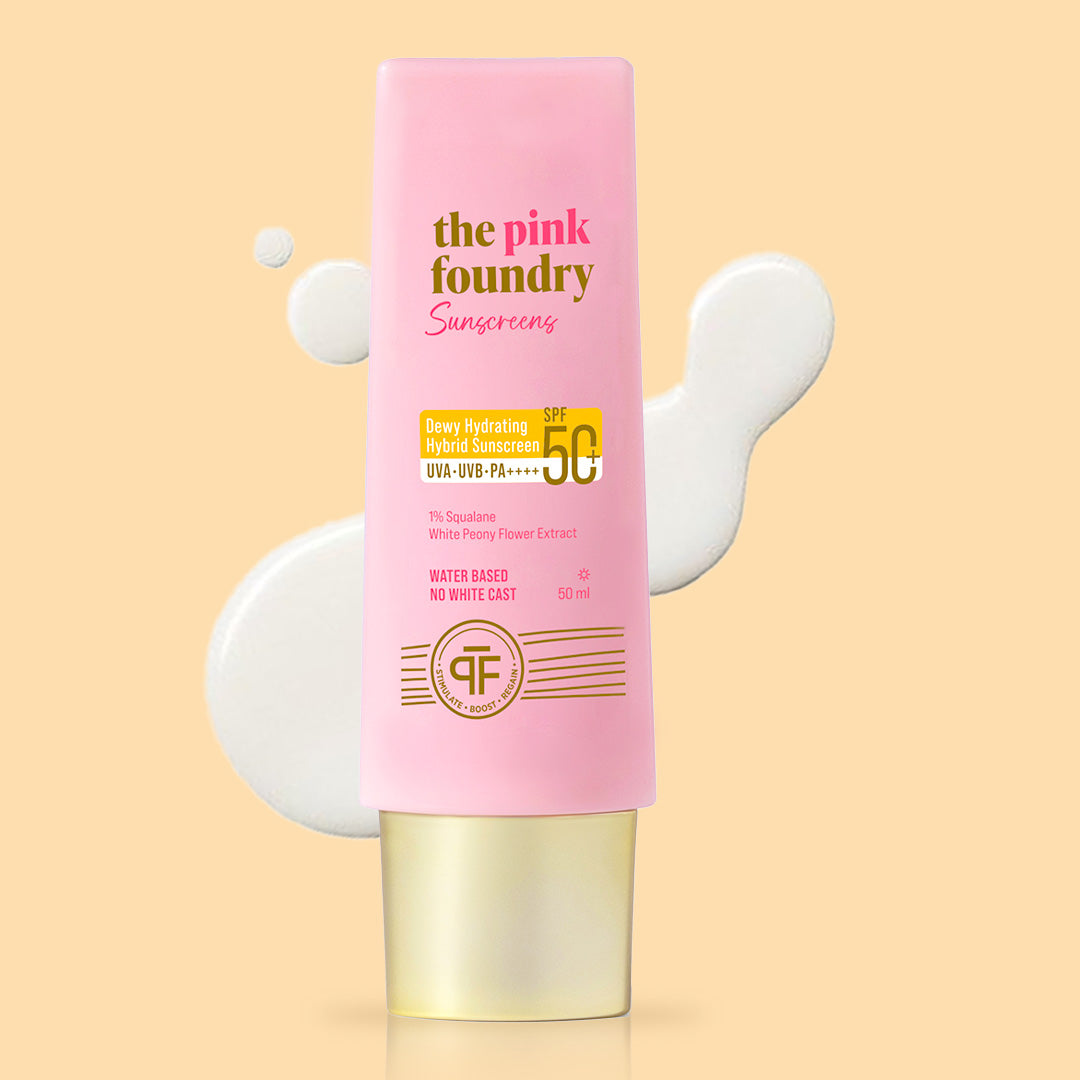
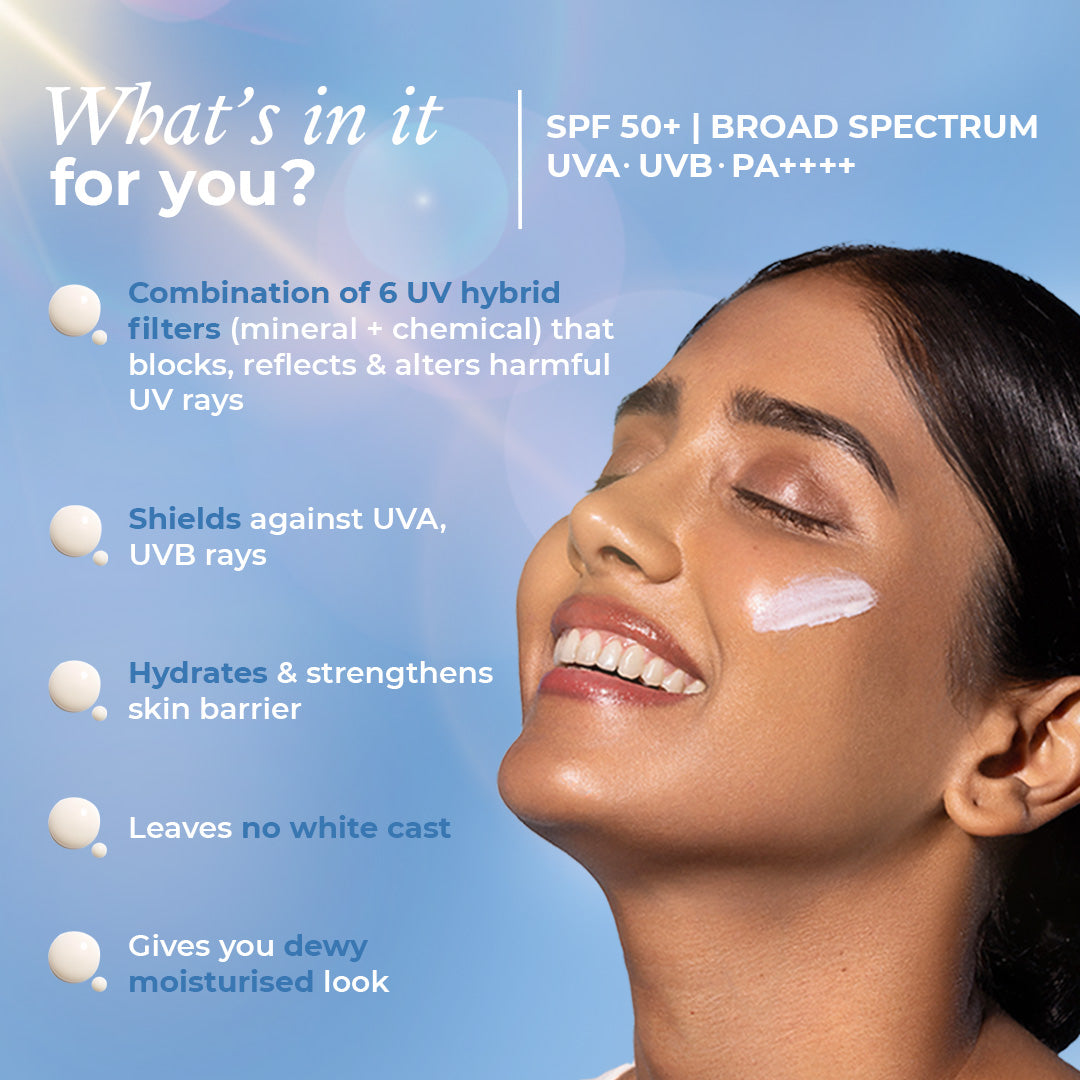


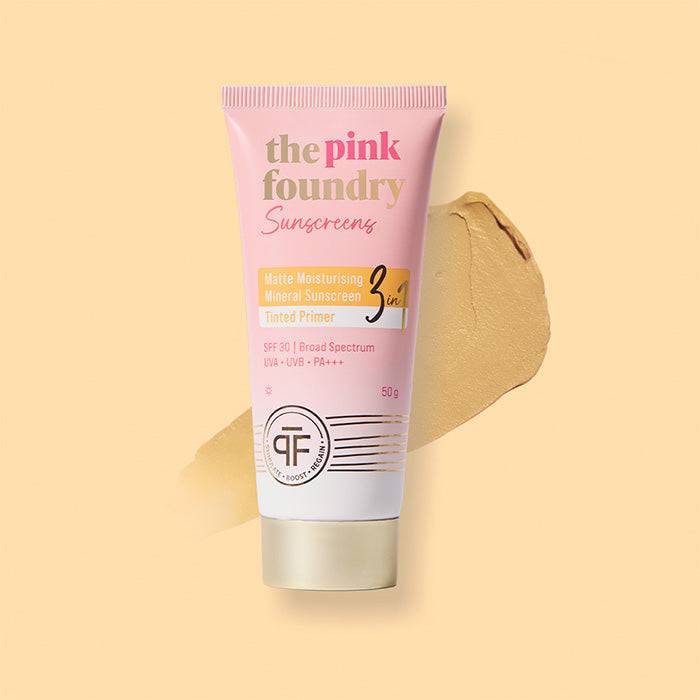
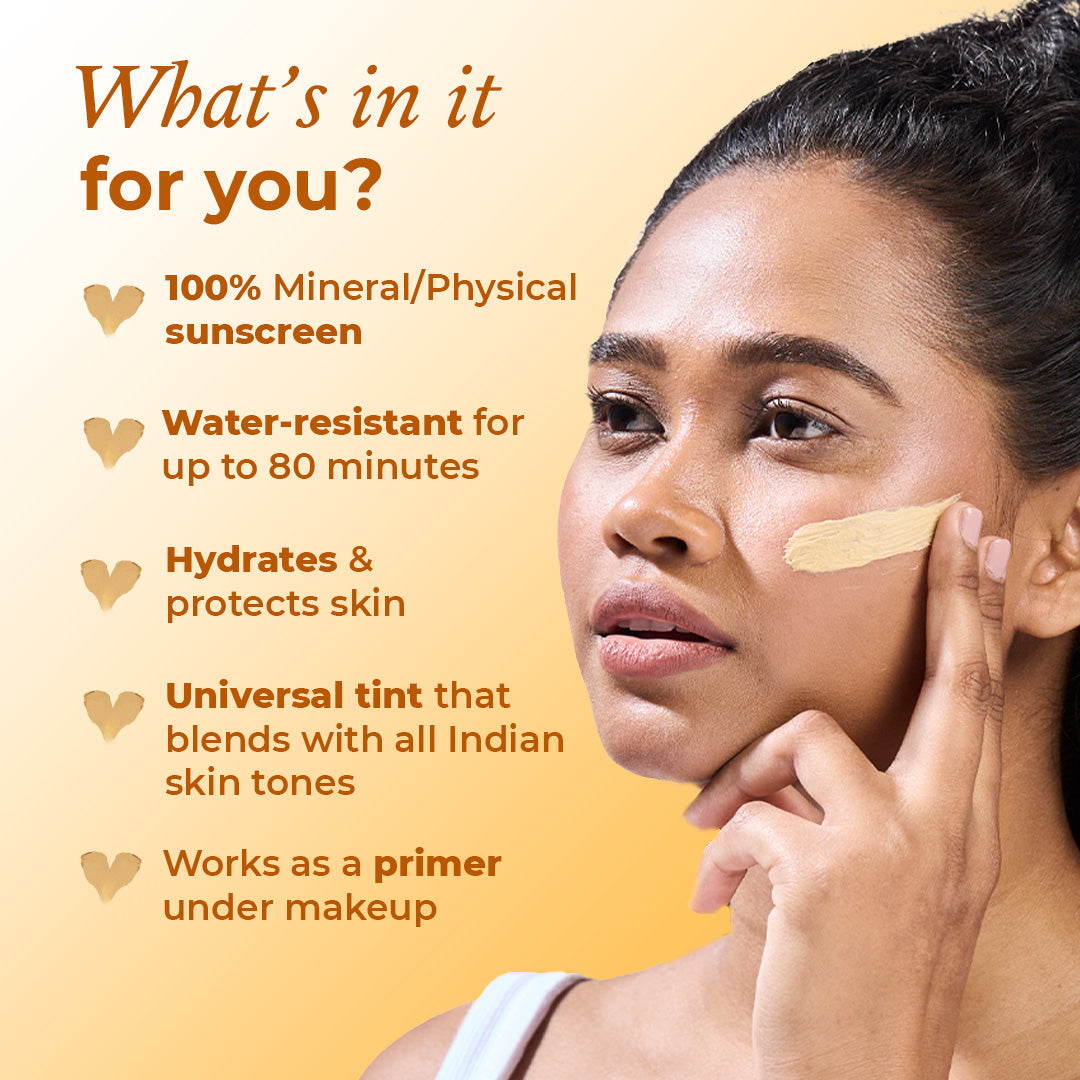



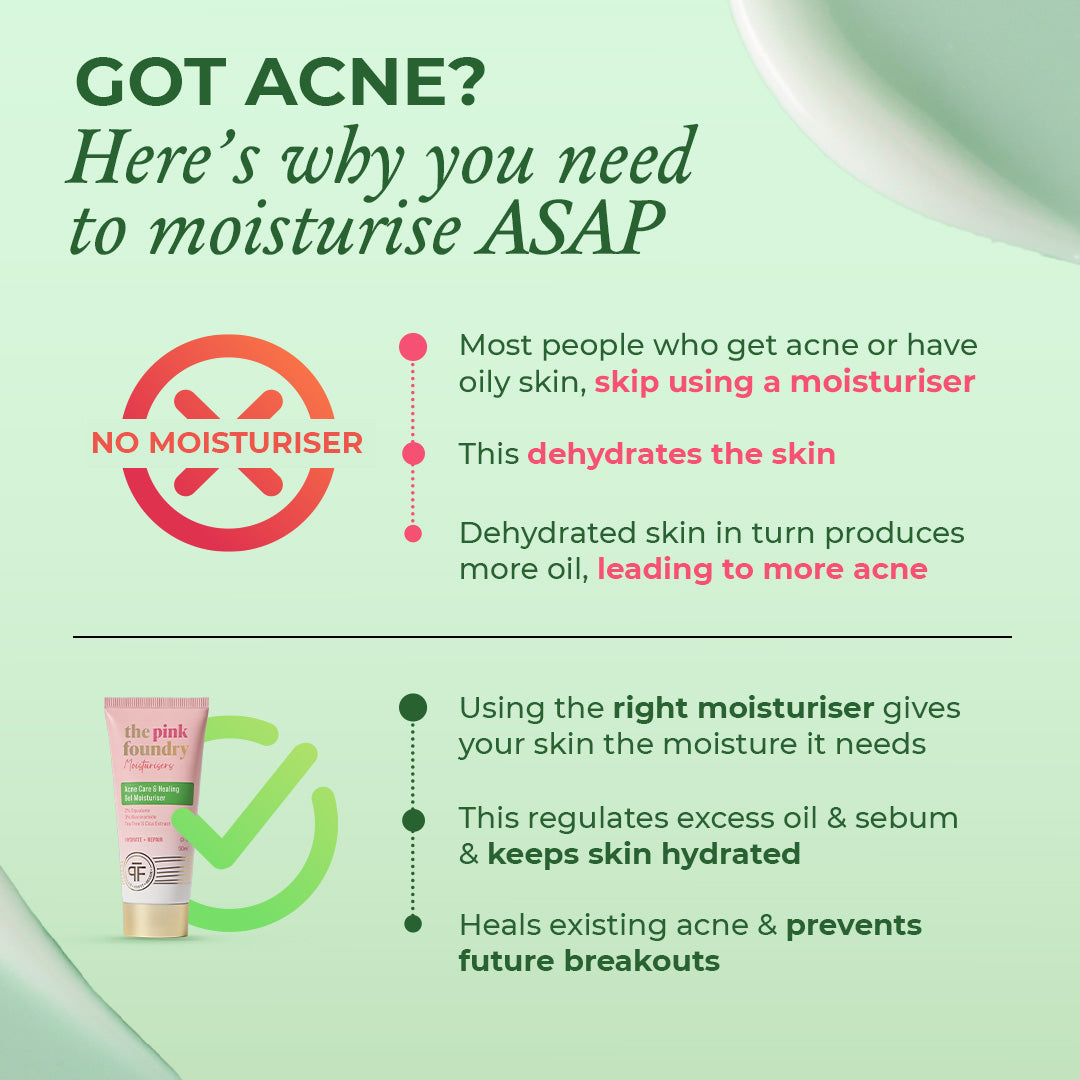
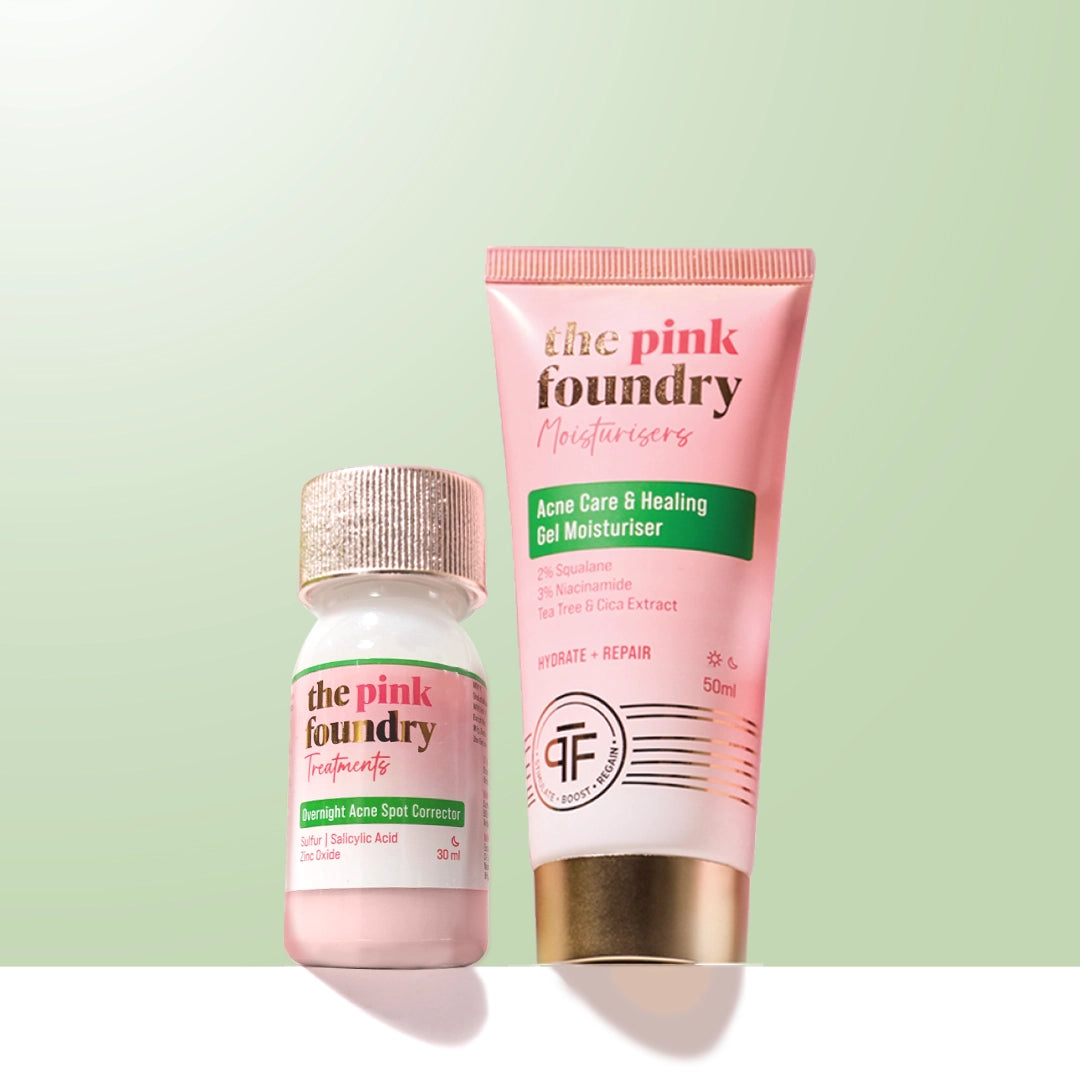
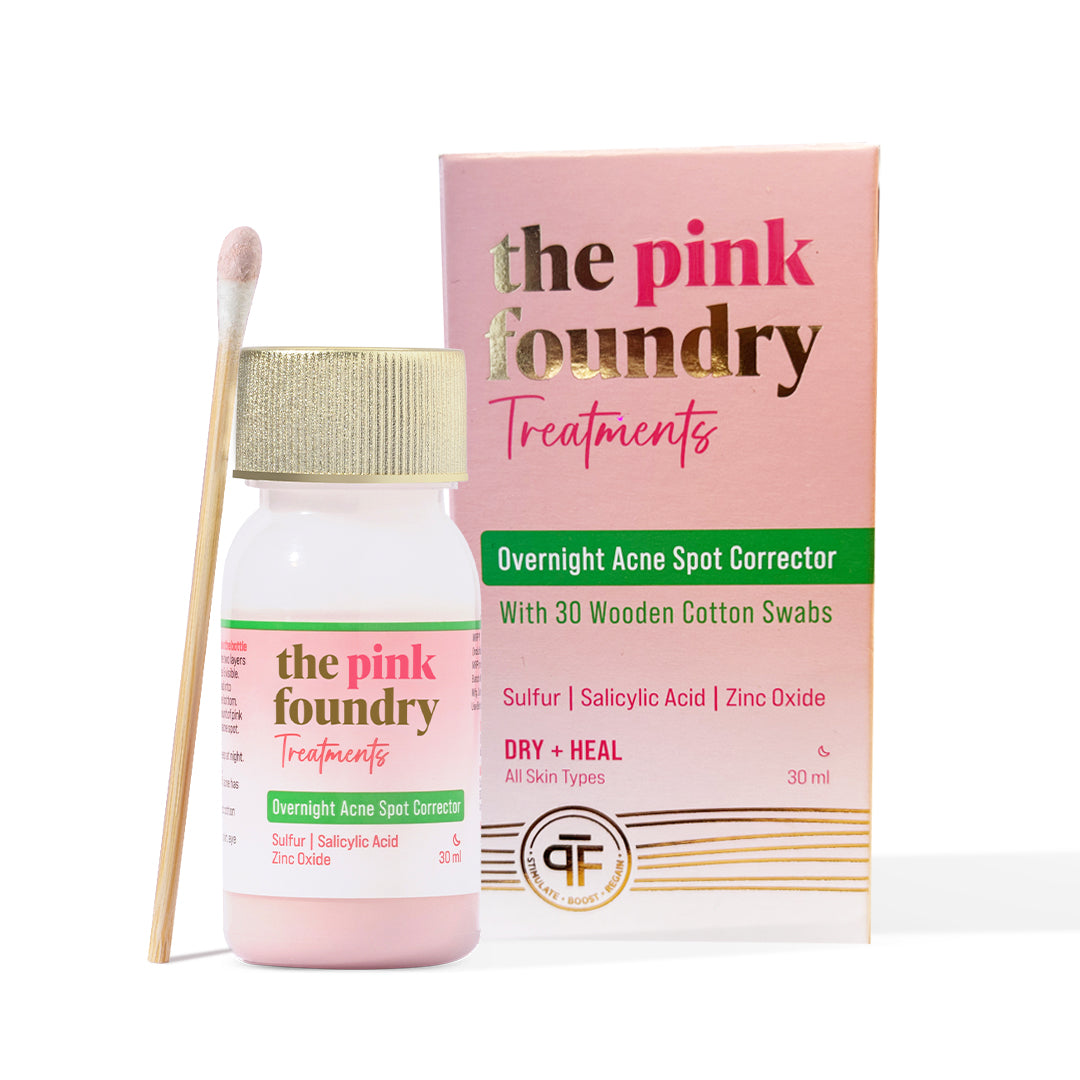
Leave a comment
This site is protected by hCaptcha and the hCaptcha Privacy Policy and Terms of Service apply.